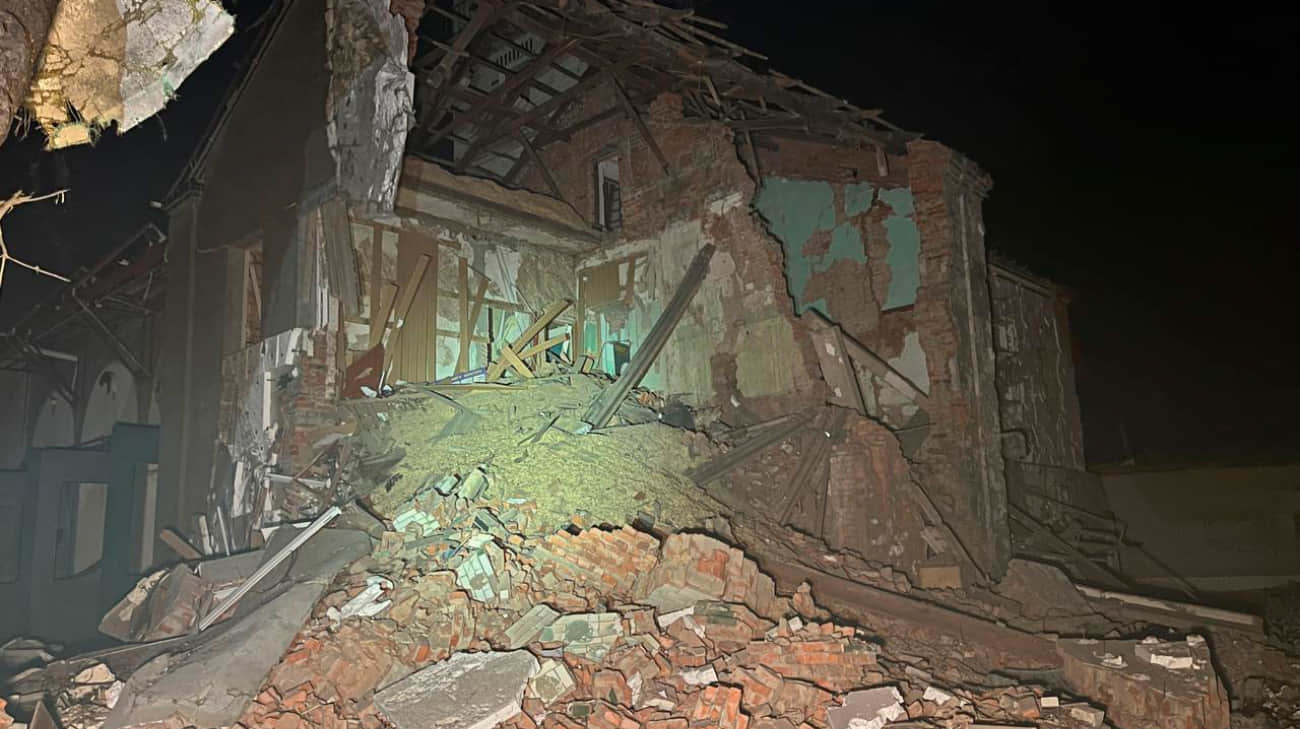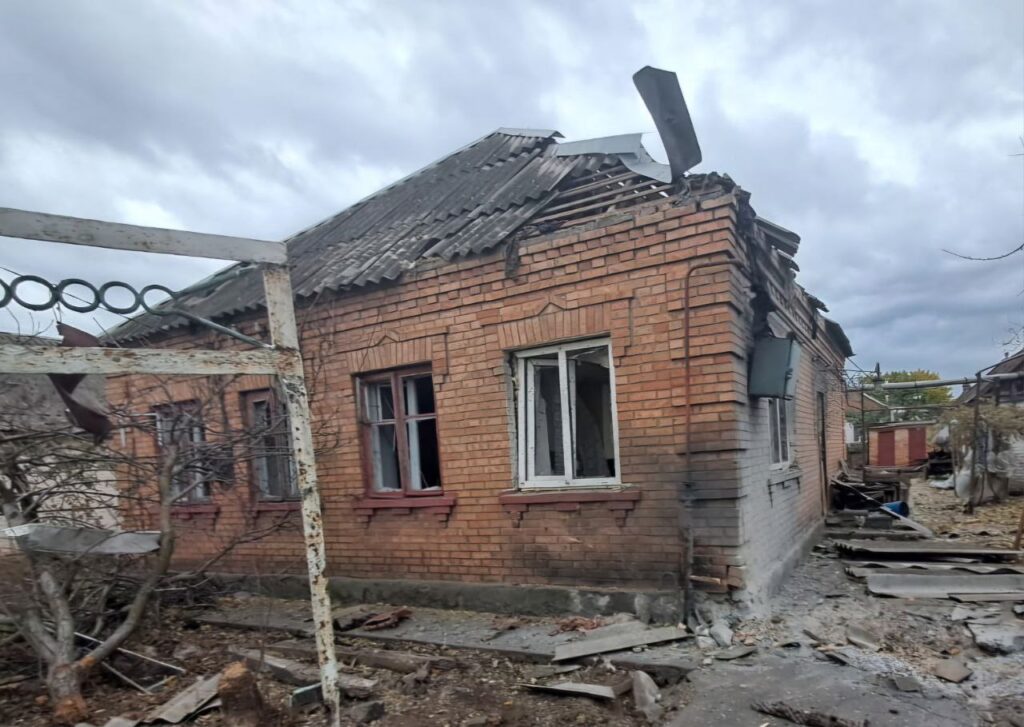Connecticut woman with terminal cancer travels to Vermont to fulfill dying wish
A Connecticut woman traveled to Vermont to end her life on her own terms, using the state's law that allows nonresidents with terminal illnesses to medically end their own lives.

A Connecticut woman who was terminally ill died in Vermont on Thursday in the way she wanted during an event her husband described as "comfortable and peaceful."
Lynda Bluestein, a lifelong activist from Bridgeport, had terminal cancer but did not wish to wait for the prolonged illness to take her life. Instead, she spent years pushing to expand access to a Vermont law that gives people who are terminally ill the choice to end their lives via lethal medication.
On Thursday, surrounded by her family, Bluestein ended her life by taking prescribed medication.
Her last words were "I’m so happy I don’t have to do this (suffer) anymore," her husband Paul wrote in an email shared with The Associated Press.
ASSISTED DEATHS MAY SOON BE A REALITY FOR THOSE SUFFERING FROM MENTAL ILLNESS IN CANADA
Bluestein told the AP last year that her decision gave her power over her terminal illness. She also said she preferred to pass away surrounded by her husband, children, grandchildren, and friends — rather than waiting in a hospital bed for the cancer to take her at an unknown time and potentially alone.
"I want to live the way I always have, and I want my death to be in keeping with the way I wanted my life to be always. I wanted to have agency over when cancer had taken so much for me that I could no longer bear it. That’s my choice," Bluestein said.
BIDEN ADMINISTRATION PROPOSES EXPANDING ACCESS TO NO-COST BIRTH CONTROL UNDER OBAMACARE
During the same interview last year, Bluestein said her mother died in a hospital after a prolonged fight.
"I wanted to have a death that was meaningful, but that it didn’t take forever ... for me to die," she explained.
Vermont’s law, which has been in effect since 2013, allows physicians to prescribe lethal medication to people with an incurable illness that is expected to kill them within six months.
Bluestein had advocated for similar legislation to be passed in Connecticut and New York, although this has not happened.
Her death came after Compassion & Choices filed a lawsuit against Vermont in 2022 on behalf of Bluestein and Diana Barnard, a physician from Middlebury.
The suit changed Vermont's residency requirement in its so-called patient choice and control at end of life law, saying the requirement violated the U.S. Constitution. The state settled in March 2023, allowing Bluestein, who is not a Vermont resident, to use the law to die in Vermont.
VERMONT'S REPUBLICAN GOVERNOR APPROVES ASSISTED SUICIDE FOR NONRESIDENTS
"Lynda was an advocate all the way through, and she wanted access to this law and she had it, but she and everybody deserves to have access much closer to home because the need to travel and to make arrangements around the scheduling to come to Vermont is not something that we wish for people to have," Barnard said.
"But more than a silver lining is the beauty and the peace that came from Lynda having a say in what happened at the very end of her life," the physician added.
Medically assisted suicide is subject to controversy as critics express moral opposition to assisted suicide and say vulnerable patients can be coerced.
Supporters, however, say the law has stringent safeguards. These include making multiple requests to a physician over a period of time and having uninvolved witnesses.
The Associated Press contributed to this report.



